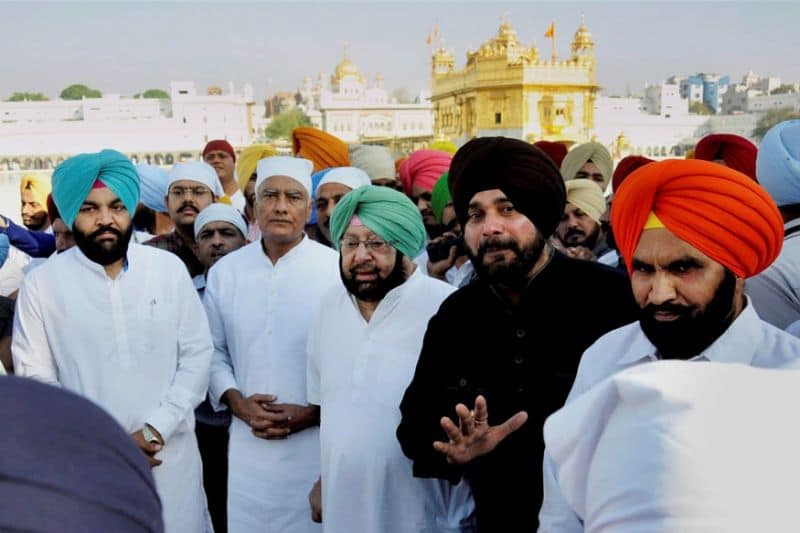Accra: Not much is known about him, but it has now emerged that trade relations between Ghana and India were started by Bhai Boolchand, the first Indian to arrive in the Gold Coast — Ghana’s colonial name — in 1890. That’s some 67 years before the British colonial government granted the country independence, research by the Indian Association of Ghana has found.
“As far as our records show, Bhai Boolchand (of the Bhaiband Sindhworki trading community), landed on the shores of the Gold Coast in western Africa in 1890. Nearly twenty years later, in 1919, the first Sindhi company was established by two brothers — Tarachand Jasoomal Daswani and Metharam Jasoomal Daswani,” the Indian Association said.
The duo opened a store — Metharam Jassomal Brothers — in the then capital city of Cape Coast in 1919.
“Their business flourished and branches were opened in Accra and Kumasi. A few years later, the two brothers separated and whilst Bhai Metharam Jasoomal continued the business as Metharam Brothers, Tarachand Jasoomal operated his business as Bombay Bazaar. These were the first two Indian companies that were established in the Gold Coast,” the Association said.
Boolchand’s arrival, therefore, pre-dates the historical links between the two countries that were always thought to have started between Ghana’s first President, Kwame Nkruman, and India’s first Prime Minister Jawaharlal Nehru. Boolchand can thus be described as the one who paved the way for the arrival of other members of the Sindhi community, initially as traders and shopkeepers.
The Indian Association said more of this group arrived in the 1950s and 1960s, with a few venturing into manufacturing industries such as garments, plastics, textiles, insecticides, electronics, pharmaceuticals and optical goods.
The Association said two more Indian firms were established under the names of Lilaram Thanwardas and Mahtani Brothers in the 1920s. This trend continued in the 1930s and 1940s with the creation of several more Indian companies like T. Chandirams, Punjabi Brothers, Wassiamal Brothers, Hariram Brothers, K. Chellaram & Sons, G. Motiram, D.P. Motwani, G. Dayaram, V. Lokumal, and Glamour Stores.
Glamour Stores, which was stared by Ramchand Khubchandani who arrived in Ghana in 1929, has grown — after changing its name to Melcom Group — to become the largest retailing business in the country. The Melcom Group, headed by Ramchand’s son Bhagwan Khubchandani, is now in its 60th year and about 40 stores all over the country.
Ramchand and his brother later went into garment manufacturing in 1955 and once employed over 1,200 Ghanaians. They later opened the first Indian restaurant, Maharaja, in Ghana. Bhagwan followed in his father’s footsteps and in 1989 established the Melcom Group with his sons-in-law, Mahesh Melwani and Ramesh Sadhwani.
Another Indian-owned company that has survived through the years is the Mohanani Group, which is currently in its 51st year. At the first-ever Ghana Expatriate Business Awards, the Ministry of Trade and Industries recognised the work of one of the thriving Indian-owned B5 Plus Steel Company and awarded it the Best Expatriate Company in the metal and steel category.
As these companies brought in new expatriate staff, some left their employers to venture out on their own — resulting in more companies opening up.
“After 1947, the Gold Coast attracted the attention of some Indian multinational companies, and big names like Chanrai, Bhojsons, K.A.J. Chotirmal, Dalamals and A.D. Gulab opened branches in Ghana,” the Association said.
“The employment of Ghanaians by these founding companies also helped to lessen the burden of unemployment in the country. This amply demonstrates the level of commitment India has in the developmental agenda of Ghana,” it said.
Indians are not only investing in the manufacturing and commercial sectors of the country; they are also investing in the financial sector. Bank of Baroda, one of India’s biggest and most reputable banks, recently established a branch in Ghana and hopefully it will expand its operations in other parts of the country very soon.
— IANS

